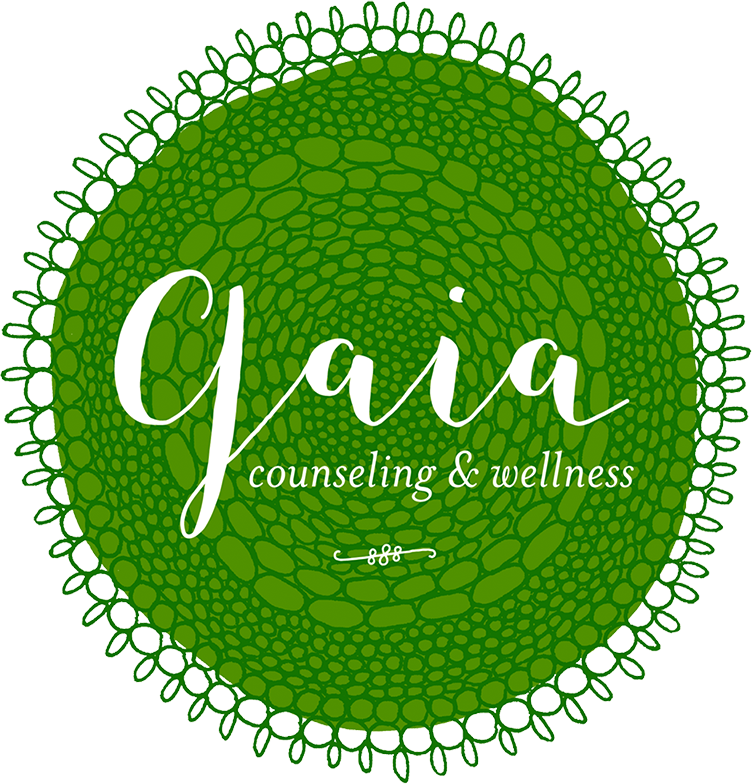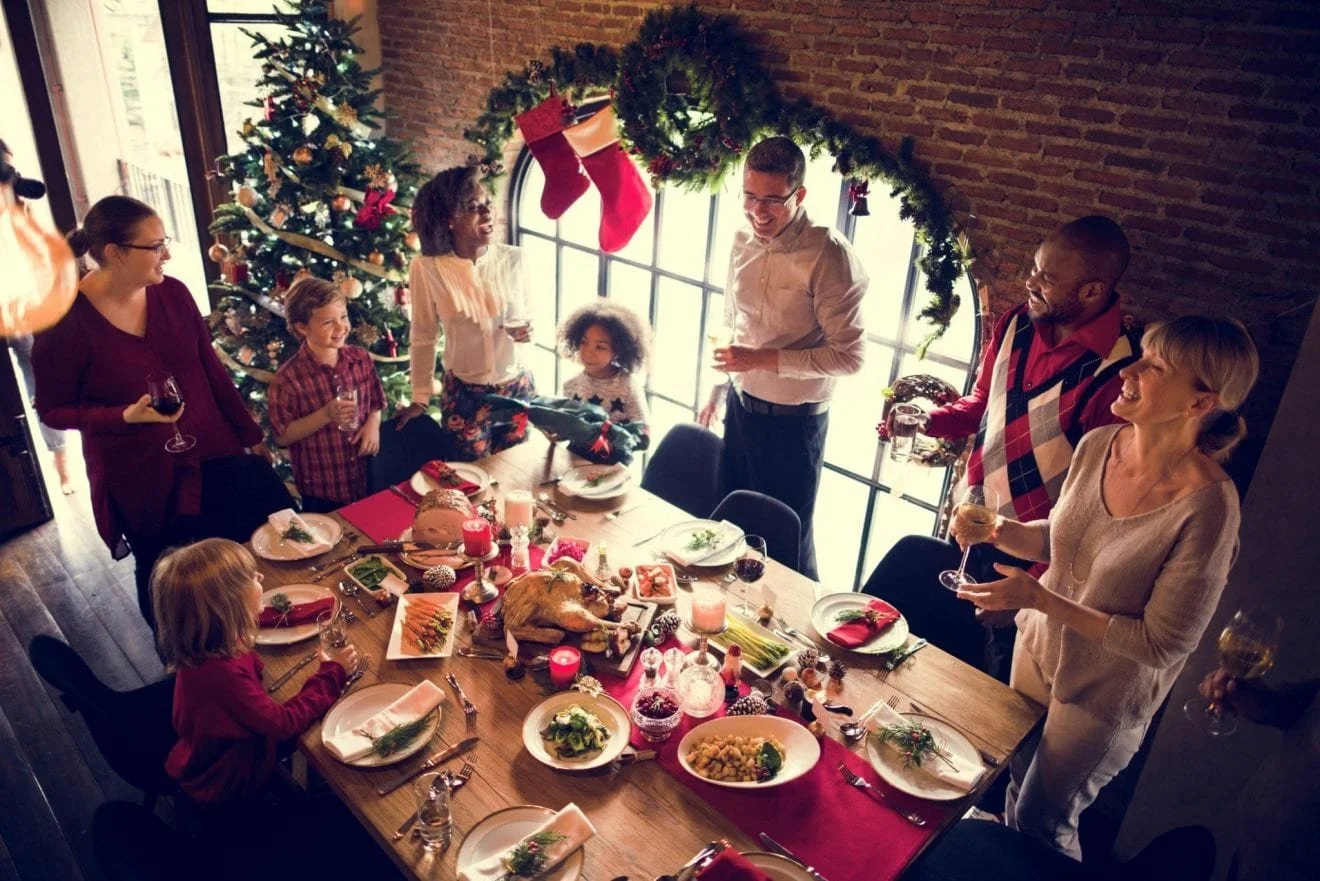By Colin Freeland
As the holiday season fast approaches it is common to experience a whirlwind of emotions. For some, it may feel like a bit of a paradox that the stir of holiday joy for many can bring such difficulty and even misery for others. There are endless reasons why the holiday season can surface difficult emotions or harmful behaviors in us or those we love. It is incredibly common that being with extended family, increased use of substances, a history of trauma around the holiday season, the loss of a loved one or inability to be with a loved one during this time, and the general stress of it all brings up challenging emotions and experiences. Additionally, fatigue, family discord, seasonal depression, financial stress, and the over-commercialization of this time of year can also contribute to a difficult experience with the holidays. Further, it is common that those in recovery from addiction, those attempting to keep their alcohol or substance use at a moderate level, and those questioning their relationship with alcohol or other substances experience an increase in use at this time of year.
Because we are human, we seek to experience pleasure and avoid pain. You may notice shifts in your behaviors to that end. Changing in eating patterns, excessive spending, increases in alcohol or substance use, or stronger urges to drink or use if you are a person in recovery are common. If you are not well-prepared it is quite easy and common to engage in these coping behaviors that can come along with some unwanted consequences and implications for our physical, mental, and emotional health. As a mental health and substance use professional, I feel a strong commitment to provide the community with some practical tips to try and help you get the most out of your holiday season and to promote your mental health and well-being. I would like to invite you to employ some of these simple strategies in your life this holiday season.
1. Acknowledge your feelings. There’s a saying I’ve heard over the years that has stuck with me, “you have to feel it to heal it.” We have a full range of human emotions and they are all normal and healthy. If you experience sadness, grief, anger, loneliness, urges to use substances, or any other difficult emotion, it’s ok to take time to feel that and to express your feelings. Trying to force yourself to be happy just because it’s the holiday season will likely result in exacerbating these emotions.
2. Reach out. If you feel lonely or isolated, seek out community, your recovery support network, religious or other social events or communities. There are many online resources and virtual support groups to help you in connecting to others around the world! They can offer support and companionship. It also may help to talk to a friend or family member about your anything you are experiencing.
3. Be realistic. The holidays don’t have to be perfect or how they have been in the past. As families change and grow, holiday traditions do as well and this can be hard to some. Possibly, choose a few to hold on to, and try to be open to creating new ones. For example, if you cannot physically be with loved ones, it is possible to find new ways to celebrate together, such as sharing pictures, emails or videos. Meeting virtually can also provide some connectivity. Togetherness can look different that physical proximity and a new experience can be just as enjoyable (maybe even more!).
4. Set aside differences. If seeing extended family or others during this time leaves you confronted with unresolved differences, try to accept others as they are, even (and especially) if they don’t live up to all of your expectations. Try and set aside grievances or resentments. It can be helpful to try to demonstrate understanding and empathy if others get upset if things don’t go just right. Chances are they’re feeling the effects of holiday stress too. It is common for those in recovery to experience shame when gathering with extended family or that extended family has difficulty understanding the experience of the person in recovery. Voicing these things can be helpful and lead to growth fostering openness and engagement with one another.
5. Stick to a budget. Before you do your shopping, decide how much money you can afford to spend. Then stick to your budget! If unaddressed, financial stress can lead to unhealthy coping, substance use, and worsening mental health.
6. Plan ahead. Set aside specific days and times for your holiday activities. Don’t over-commit yourself and try and be mindful about what invitations you accept. It is perfectly ok to not attend a gathering if you are unsure if you can handle the emotional response or urges to use alcohol or other substances in a way that is inconsistent with your goals. You may consider taking a supportive friend or partner to a gathering. Importantly, have an exit or coping plan if things don’t well. This can include a strategy to physically leave the gathering or knowing who you will call if things feel like too much. It could be helpful to discuss this with the support person ahead of time so they are aware and available.
7. Set Boundaries. Saying yes when you want to say no can leave you feeling resentful and overwhelmed. Friends and colleagues will understand if you can’t participate in every project or activity. Proactively deciding what you are willing to engage in can help manage expectations of others and self-imposed pressure or stress. Additionally, setting boundaries around alcohol or substance use can help keep you in line with your goals. Practicing saying no or rehearsing responses to offers made by friends of colleagues can be helpful.
8. Don’t abandon healthy habits. Don’t let the holidays become a free-for-all. Overindulgence only adds to your stress and guilt. Try to stick to your routine regarding your self-care, recovery support, exercise habits, or any other behaviors that have been helping you stay healthy. This could mean attending your recovery support group, seeing your counselor, having that weekly lunch with your peers, or any other things that have been helping.
9. Allow yourself to take a break. Make some time for yourself and do something you enjoy. Take a break by yourself. Spending just 15 minutes alone, without distractions, may refresh you enough to handle other things you need to do. Try and identify activities that reduce stress by clearing your mind, re-focusing your energy, and grounding you. Some options may include: reading, music, being in nature, meditating, experiencing connection to those who love and support you, or any activity you may already be doing to feel soothed.
10. Seek professional help if you need it. While these suggestions will prove helpful for many, you may find that stress, sadness, anxiety, or increasing alcohol or substance use continue to persist despite your efforts. That is ok and please hear that therapy can help.
Finally, I would like to introduce myself as Colin Freeland, the newest team member here at Gaia Counseling and Wellness. If you are seeking support during this holiday season or find after the new year comes that things this season surfaced things in you that you’d like to learn more about, therapy can help! I specialize in substance use counseling, trauma resolution, emotional disturbance, men’s issues. Abstinence is not the only goal for substance use recovery – so whether you are seeking to reduce use, completely stop, or simply learn more about the role of alcohol or substances in your life, I invite you to contact me to discuss how we may work together. If you love someone who struggles with substance use that can also make the holidays difficult. I would be happy to visit with you as well and explore ways of supporting that loved one and caring for yourself. Additionally, I am intensively trained in Eye Movement Desensitization and Reprocessing for treating symptoms related to traumatic experiences. Please reach out for a free consultation to see if visiting with me would be a fit for you and we at Gaia Counseling and Wellness wish you a happy holiday season.

